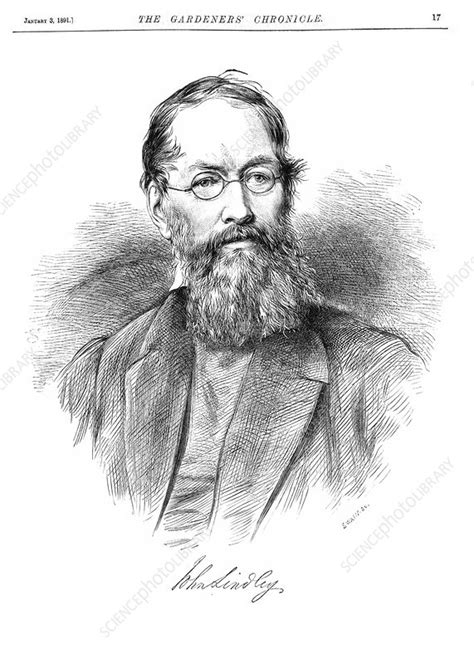A Quote by David Hume
What praise is implied in the simple epithet useful! What reproach in the contrary.
Related Quotes
I believe that almost all important, useful ideas are simple. Peter Whittle has recently put it nicely in an autobiographical essay. "If a piece of work is heavy and complicated then it is wrong." . . . Some writers feel that to express their ideas in simple terms is degrading. Some use complexity to disguise the paucity of their material. In fact, simplicity is a virtue and when, as here, it is both original and useful, it can represent a real advance in knowledge.
The modern revisionists and reactionaries call us Stalinists, thinking that they insult us and, in fact, that is what they have in mind. But, on the contrary, they glorify us with this epithet; it is an honor for us to be Stalinists for while we maintain such a stand the enemy cannot and will never force us to our knees.
Young children are unlikely to have their self-esteem strengthened from excessive praise or flattery. On the contrary, it may raise some doubts in children; many children can see through flattery and may even dismiss an adult who heaps on praise as a poor source of support-one who is not very believable.
God knows that a mother needs fortitude and courage and tolerance and flexibility and patience and firmness and nearly every other brave aspect of the human soul. But because I happen to be a parent of almost fiercely maternal nature, I praise casualness. It seems to me the rarest of virtues. It is useful enough when children are small. It is useful to the point of necessity when they are adolescents.
To scatter praise or blame without regard to justice is to destroy the distinction of good and evil. Many have no other test of actions than general opinion; and all are so far influenced by a sense of reputation that they are often restrained by fear of reproach, and excited by hope of honour, when other principles have lost their power.






































